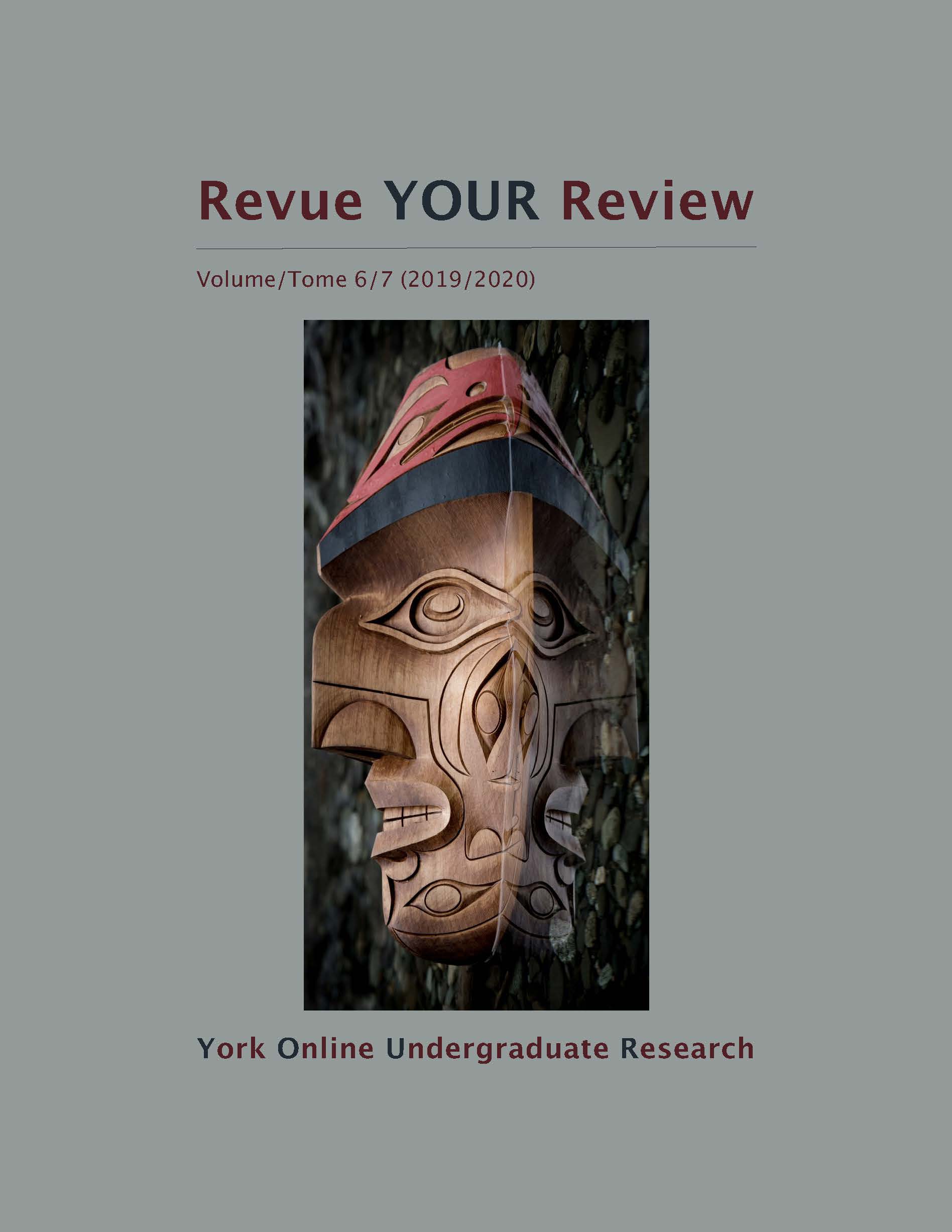Does a History of Depression Affect Employability?
Abstract
Accommodations for people with disabilities exist today in most institutions. Nevertheless, negative stigmatizing attitudes towards mental illness may still lead to employment discrimination. This 2018 empirical study asks if people with depression are less likely to be offered jobs by future employers. 162 undergraduate students (50% female; 50% male) from Glendon College (Toronto, Canada) were asked to pretend they were an employer and, as such, to read a fictitious scenario and estimate the likelihood that they would offer a job as a sales rep to a seemingly qualified male applicant. All study participants evaluated the same job applicant, but half (40 males & 41 females ) were told the candidate had a major depressive disorder, while the other half (40 of males & 41 females) were not. The likelihood of offering the job to the candidate was ranked from low to high. Results show that the job applicant where depression was mentioned was less likely to be offered the position than the candidate where depression was not mentioned. It appears that, even in an academic setting where accommodations are common, young educated adults (i.e., future employers) hold stigmatizing attitudes towards individuals who experience depression and are less inclined to hire them. The study concludes that increased education through awareness campaigns can help reduce stigma toward mental illness.
Downloads
Published
How to Cite
Issue
Section
License
LicenseAuthors contributing to Revue YOUR Review agree to release their articles under one of three Creative Commons licenses: Creative Commons Attribution 4.0 International; Creative Commons Attribution-NonCommercial 4.0 International; or Creative Commons Attribution-NoDerivatives 4.0 International. All editorial content, posters, and abstracts on this site are licensed under Creative Commons Attribution-NoDerivatives 4.0 International. For further information about each license, see:
https://creativecommons.org/licenses/
In all cases, authors retain copyright of their work and grant the e-journal right of first publication. Authors are able to enter into other contractual arrangements for the non-exclusive distribution of the e-journal's published version of the article (e.g., post it to an institutional repository or publish it in a book or in another journal), with an acknowledgement of its initial publication in this e-journal.


